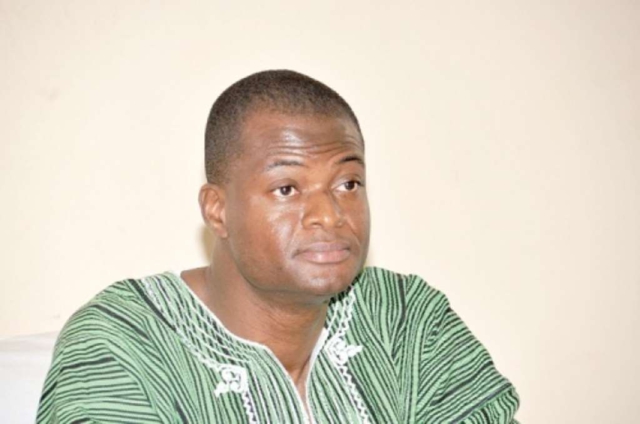The Dean of the University of Ghana School of Law, Professor Raymond Atuguba, says until government puts in place measures to empower the citizenry in legal affairs, the law will only continue to serve the rich and privileged.
According to him, due to a general lack of legal empowerment in the country, “those who have less money, less privilege, fewer connections cannot access the best of legal services to make the law serve them.”
“It’s been a big problem in many third world countries,” he told Samson Lardy Anyenini, the host of JoyNews’ The Law, Sunday.
He explained that through legal empowerment, “ordinary people who ordinarily don’t have those resources for legal intervention by themselves, with the help of cheaper or even volunteer paralegals, will be able to make the law work for them.”
“That unless we empower the bulk of Ghanaians legally, we can’t solve that problem where the law seems to be working just for the privileged and not for the underprivileged,” he reiterated.
Speaking on the topic 'Is the law an ass?' he added that, Ghana would need to revise its implementation of the legal aid mechanism.
According to him, the current legal aid is ineffective because it does not respond to the country’s economy, society and politics.
“I give you one example, in most countries in the developed world, the percentage of people who can’t pay for legal services is limited.
"In other words, most of the society earn an income that makes them capable of accessing and paying for legal services and then a smaller percentage in that country do not have access to legal aid and then the state provides.
“So, for example, 90% can pay and then the state provides for the 10%. The mistake we’ve often made is to pick that model and then apply it to a place like Ghana, where the table is turned.
"The table is turned because 10% can pay for effective super-legal services in Ghana, and 90% cannot pay. That is a recipe for failure. It just will not work,” he said.
“It has not worked since independence, and it will not work. For communities and societies such as ours, you have to implement strategies for legal empowerment in order to get out of the conundrum.
"Because there is no way the state can pay for legal services for lawyers for 90% of the population,” he concluded.
Latest Stories
-
Pakistan to nominate Trump for Nobel Peace Prize
46 minutes -
Suicide bombing at Damascus church kills 22, Syrian authorities say
59 minutes -
Bellingham scores as 10-man Real Madrid beat Pachuca
1 hour -
Three fans die in Algeria football stadium fall
1 hour -
South African engineers freed after two years in Equatorial Guinea jail
2 hours -
FedEx founder and former boss Fred Smith dies aged 80
2 hours -
Bride shot dead in attack on French wedding party
2 hours -
Legon Cities handed transfer ban over unpaid GHC 29,000 compensation to Francis Addo
2 hours -
Alonso says FIFA investigating racial abuse against Rudiger
2 hours -
Rashford would like to play at Barcelona with Yamal
3 hours -
Garnacho posts picture wearing Aston Villa shirt
3 hours -
Premier League contacts Chelsea over Boehly ticket website
3 hours -
Africa World Airlines to reduce air fares by end of June 2025
5 hours -
Nationwide crackdown: Ghana’s Anti-Galamsey Task Force intensifies operations
5 hours -
TOR debt rose to a record $517m as of December 2024
5 hours

